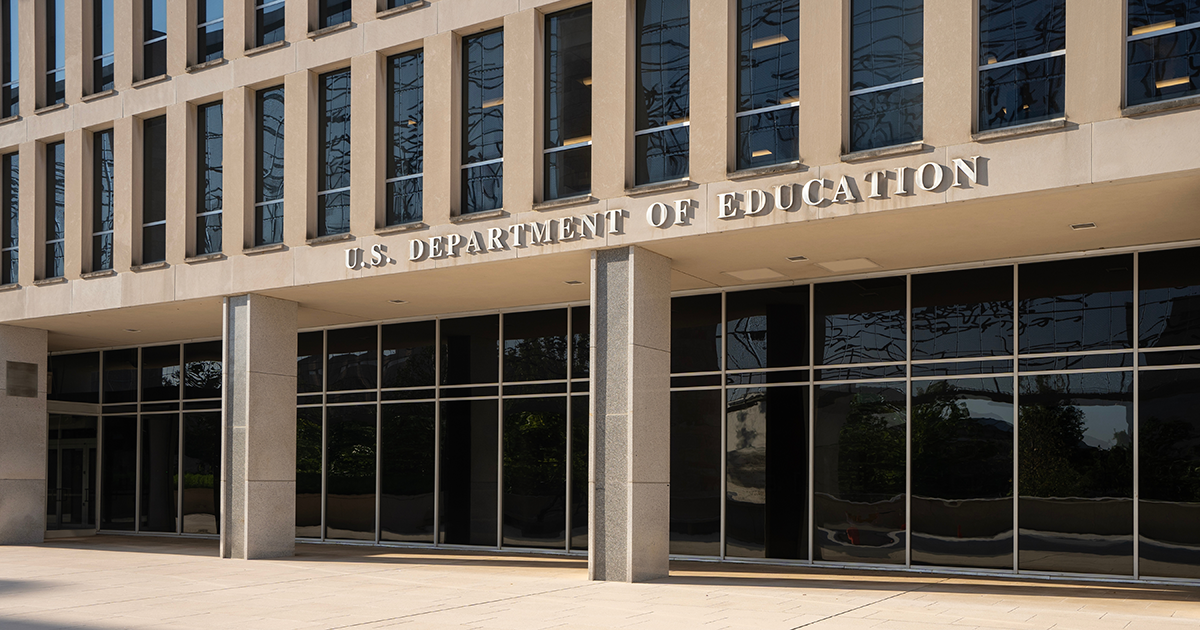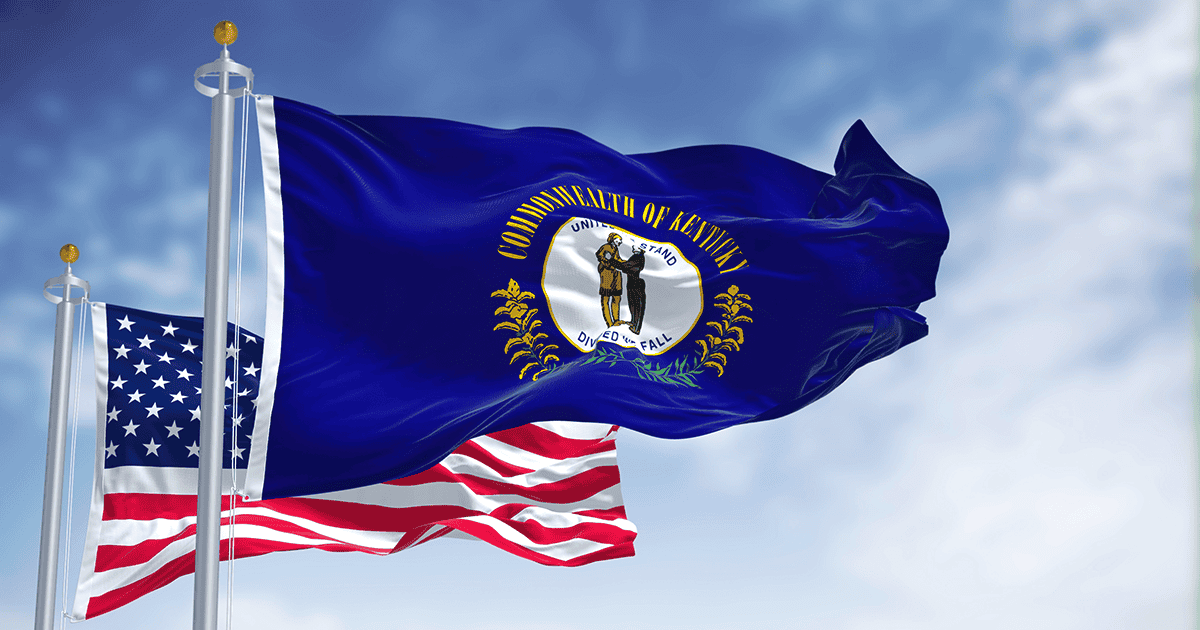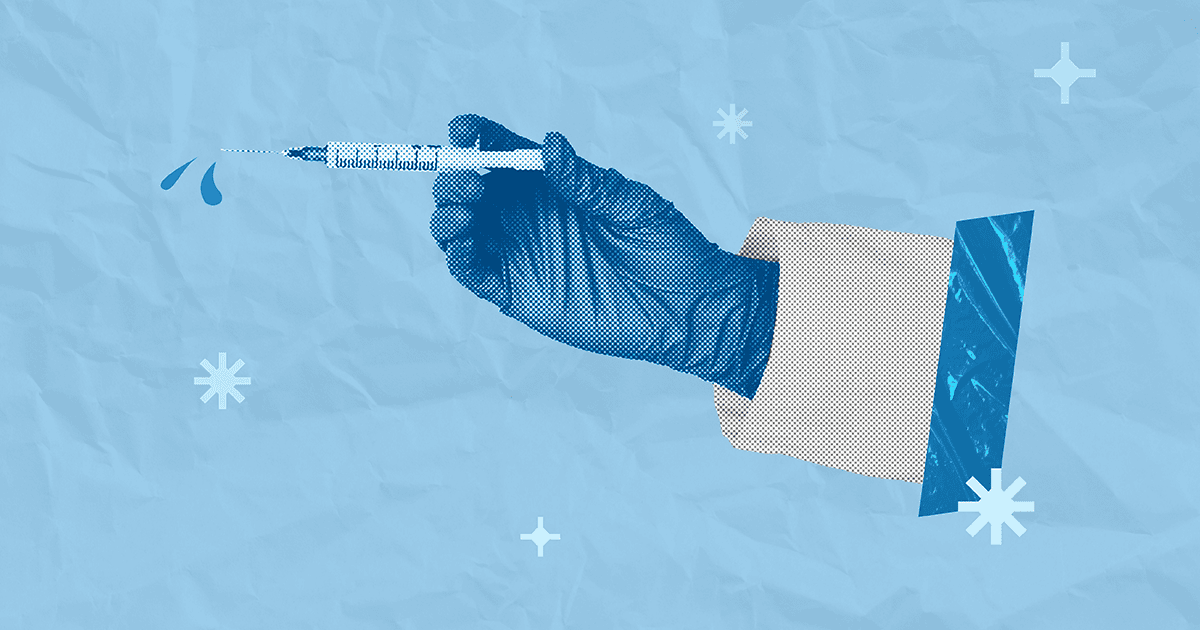For audiologists, it is no surprise that dental professionals remain at risk of developing noise-induced hearing loss (NIHL). This risk is due to prolonged and repeated exposure to high-speed handpieces, turbines, and suction devices, which are routinely used in dental offices. These devices often generate noise levels exceeding 85 dB sound pressure level (SPL), which is above the threshold considered safe for long-term exposure. Dental professionals are not only at risk for temporary threshold shifts (TTS) but can also become susceptible to permanent threshold shifts (PTS).
Vagevuur and Brand (2024) conducted a scoping review of 452 publications. Of these, 28 studies met the inclusion criteria. The studies utilized both objective measurements, such as pure tone audiometry (PTA) and subjective assessments, including surveys and questionnaires. Several studies included control groups to compare the hearing of dental professionals with individuals not exposed to the same occupational noise hazards.
Results revealed that among the studies using PTA, there were consistent results of significant hearing loss among dental professionals, particularly at frequencies between 4,000 and 6,000 Hz. Additionally, 67 percent of the studies that included control groups demonstrated significantly more hearing loss among dental professionals compared to non-exposed individuals. The subjective assessments further supported these findings, indicating that dental professionals often experience a notable hearing decline.
The evidence from this study strongly indicates that dental professionals are at an elevated risk of NIHL compared to the general population. This finding reiterates an urgent need for more preventive measures, such as education on NIHL, regular hearing evaluations, and the use of hearing protection.
Reference
Vagevuur JJ, Brand HS. (2024) Occupational noise-induced hearing loss among dental personnel: a scoping review. Br Dent J.
Recent Posts
Department of Education Comment Period Closes; Academy Submits Formal Comments on Professional Degree Proposal
The public comment period has officially closed on the U.S. Department of Education’s proposed regulations redefining “professional degree programs” for purposes of federal student aid….
Kentucky Legislature Considers Updates to Audiology Scope of Practice
The Academy recently submitted a letter to the Kentucky House Standing Committee on Licensing, Occupations, and Administrative Regulations regarding House Bill 444 (HB 444), legislation…
Vaccination of Older Adults in the United States
In the United States, this time of year tends to coincide with cold and flu season. As such, it seems timely for us to review…


